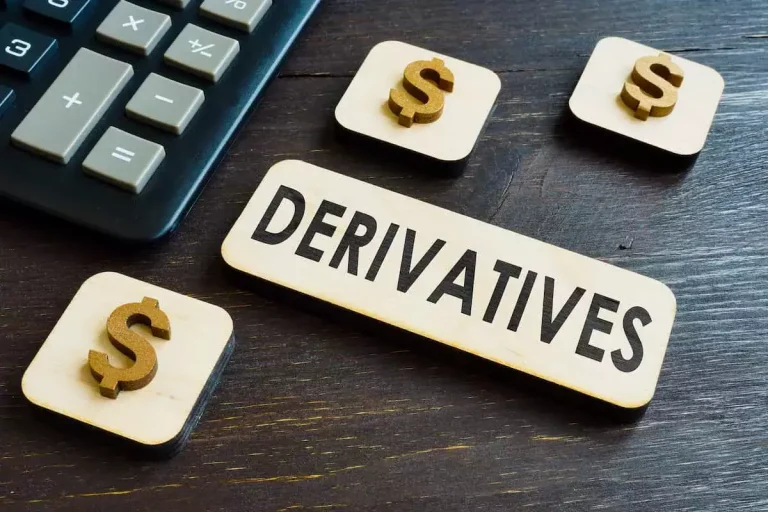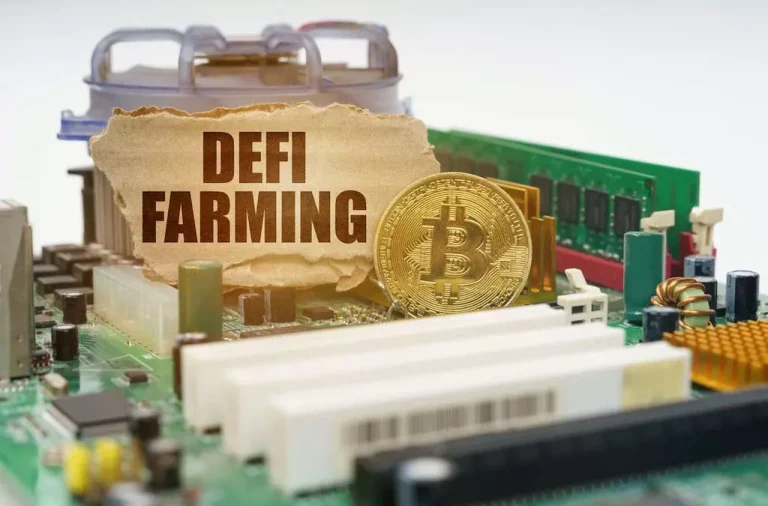Content
A mobile wallet offers convenience by allowing users to manage their crypto assets directly from their smartphones. A software wallet installed on your computer or smartphone combines security with easy access for daily use. This process involves initiating a transaction from your wallet, using the deposit address https://www.xcritical.com/ provided by the exchange for the specific cryptocurrency you’re sending. Once the transaction is confirmed on the blockchain, the assets will appear in your exchange account. It’s essential to ensure you’re sending the correct type of crypto to the correct address, as mistakes can lead to loss of assets.
Where is the safest place to keep crypto?
These private keys are the mathematical proof that you indeed own a certain amount of Bitcoin. Think of these private keys as secret codes that allow you to spend that Bitcoin. Cold wallets, such as hardware wallets or paper wallets, are considered the safest because what is a crypto exchange vs wallet they are offline and less susceptible to online threats. A cryptocurrency wallet isn’t necessarily a physical device, though it can be a specialized hardware device, like John McAfee’s “unhackable” wallet. An exchange, on the other hand, usually requires users to complete a verification process that includes providing personal information before they can start trading.
Differences and Comparison of Wallet and Exchange

Instead, you just create an account, and then you can access your Bitcoin by signing into that account. If you forget your account’s password, you can go through an account recovery process. If you lose the wallet and your private keys, you’ll also lose access to all your Bitcoin. That’s why it’s important to have backup copies of your Bitcoin Proof of work wallet, too—just like you’d have backup copies of any important data.
- To manage crypto wisely, focus on a strategy that considers tight security, a smooth user experience, and sticking to the rules.
- Should you hold your Bitcoin in a web-based wallet provided by in an exchange, or your own Bitcoin wallet?
- They don’t actually store your crypto – instead, they keep your secret codes safe.
- Factors to consider include security, accessibility, and transaction types.
- Both allow you to store crypto but it is really up to you to decide which will benefit you in your trading journey in the long run.
I currently live on crypto or plan to live on crypto – crypto is or will be a major aspect of my financial plan.
Ultimately, the right option for you depends on your individual needs and preferences. Remember to do your own research and consider consulting with a financial advisor or cryptocurrency expert if you have any questions or concerns. If you trade frequently, an exchange may be more suitable as it offers a user-friendly interface and access to a wide range of cryptocurrencies.
An exchange lets you convert “real money” like US dollars to Bitcoin. Exchanges also provide a wallet—but you don’t necessarily have full control of that wallet. Elon Musk, the billionaire entrepreneur and CEO of Tesla and SpaceX, is known for his significant influence on the cryptocurrency market.
When you have a crypto wallet, you’re in full control over your private key. The key is the only way to access your crypto, so having full control makes it inherently safer in terms of storing your currency. Often confused – particularly by novice traders – one of the most crucial things to learn and understand is the difference between a crypto wallet and exchange. Without a doubt, however, once you learn how to trade Bitcoin and other currencies successfully you will want to look into getting your own private wallet. You might keep a reserve stored in an exchange wallet for daily use, but the majority of your digital funds should be stored safely in a hardware or software wallet. If you are new to cryptocurrency and still learning how to invest in Bitcoin and other currencies, you might be better off keeping part of your funds in an exchange wallet.
Although both serve the same basic purpose—to facilitate crypto transactions—there are significant differences between them. Maintaining complete control over your digital currency assets requires a bit more know-how than simply setting up an exchange account. But in return, you place security and trust in your own hands.
Using a cryptocurrency exchange to store or exchange your fiat and digital assets can be extremely risky. In some cases, users have discovered that their assets are gone completely or indefinitely locked up in bankruptcy proceedings. We detailed some differences abouve, but, what is a crypto exchange and what is its main purpose? Most of the users that choose an exchange wallet make their choice out of a matter of convenience. The wallet is integrated neatly into the exchange’s trading and selling functionality.
It interacts directly with blockchain networks to manage your cryptocurrencies. An exchange platform facilitates users’ buying, selling, and trading cryptocurrencies. Deciding where to store crypto assets is critical for any investor, as well as balancing accessibility and security.
In contrast, crypto exchanges levy various fees, such as trading fees, withdrawal fees, and deposit charges. Centralized exchanges may also implement tiered fee structures based on trading volume or membership tiers, impacting transaction costs and profitability. Conversely, decentralized exchanges often charge network fees for transaction processing, which contributes to the overall transaction costs. Are you looking for a platform that is easy to use and convenient?
Just like you use a physical wallet to keep your cash or credit cards, a crypto wallet keeps track of your digital assets. Cryptocurrency storage is worthy of significant consideration for both seasoned crypto investors and newcomers. The two main options for storing crypto assets are wallets and exchanges, which leaves many people wondering how a cryptocurrency exchange is different from a crypto wallet. While crypto exchanges facilitate the buying, selling, and trading of cryptocurrencies, crypto wallets are designed for securely storing and managing users’ digital assets.

With a simple tweet or statement, he can send crypto prices soaring or plummeting. Musk’s interests and investments in cryptocurrency have made headlines and continue to be a popular topic in crypto news. Look for reviews that specifically focus on the features and services you are interested in, and take note of both positive and negative comments. Reviews can provide valuable information on how user-friendly and reliable a particular wallet or exchange is, as well as any issues or challenges faced by users.
The purpose of this website is solely to display information regarding the products and services available on the Crypto.com App. It is not intended to offer access to any of such products and services. You may obtain access to such products and services on the Crypto.com App. If none of these activities apply to you, an Ethereum wallet may not be needed. However, if you’re interested in exploring the Ethereum ecosystem or investing in ETH, having this type of wallet could be necessary.
If you want access to a wide range of cryptocurrencies and trading pairs, an exchange may be more suitable. If you only hold a few cryptocurrencies and don’t plan to trade frequently, a crypto wallet may be sufficient. Whether a wallet, an exchange or a hybrid solution is the best choice for you depends on your needs and your level of comfort with crypto. Ahead, we’ll explore the differences and similarities between crypto wallets and exchanges and talk about which solution may be right for your crypto strategy. While exchange wallets lure users with a lot of conveniences, they come with security risks. Additionally, the exchange has control of your assets, meaning they could freeze your account for various reasons.